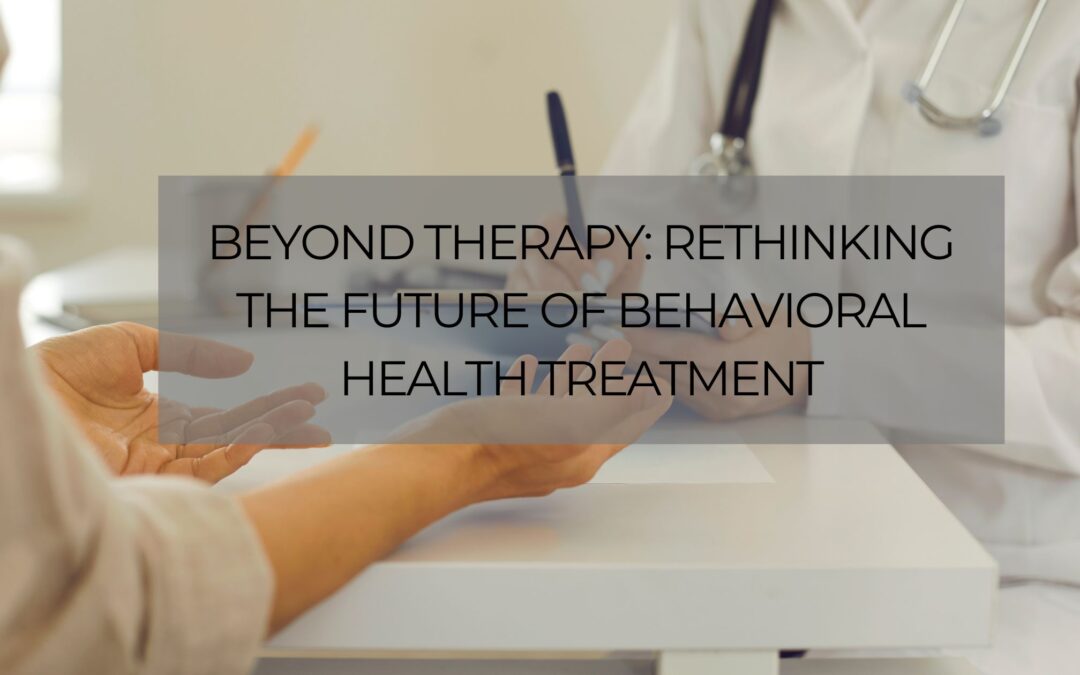Therapy is powerful, but it’s not a one-size-fits-all solution. As our understanding of behavioral health deepens, so does our toolkit. The future of treatment is personalized, holistic, and proactive.
Expanding the Definition of Care
Traditional therapy and medication will always play a role. But the behavioral health space is evolving to include:
- Peer support groups
- Mindfulness and meditation
- Trauma-informed yoga
- Art and music therapy
- Psychedelic-assisted therapy (in clinical settings)
This shift reflects a deeper truth: healing looks different for everyone.
From Crisis Management to Preventative Care
We’re moving from a reactive model to a proactive one. The goal isn’t just to treat breakdowns—it’s to build resilience. This includes:
- Teaching emotional regulation in schools
- Offering mental health checkups like physicals
- Reducing stigma so people seek help earlier
Cultural Competency Is Key
Effective behavioral health care must be inclusive and culturally competent. That means providers:
- Understand racial and generational trauma
- Respect cultural differences in emotional expression
- Speak the language—literally and metaphorically
Tech, Meet Humanity
Even as digital tools grow, the human connection remains central. The future isn’t AI replacing therapists—it’s AI empowering them to deliver more targeted, effective care.
The Takeaway
Behavioral health isn’t just about fixing what’s broken. It’s about helping people thrive, connect, and grow. The future of care is flexible, innovative, and deeply human-centered.
Because when we expand our view of healing, we expand our ability to help everyone find their path forward.
